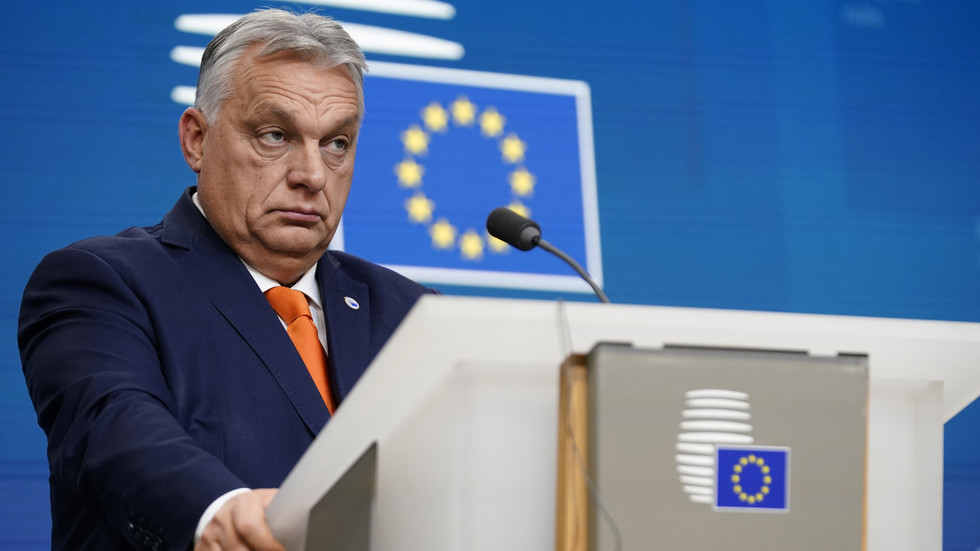On May 28, Ireland, Norway, and Spain announced they are formally recognising Palestine as a state. The move was welcomed by Palestinians and condemned by the Israeli government, which responded by withdrawing its ambassadors from all three nations and snubbing their envoys.
While recognition of Palestine as a state is mostly a symbolic gesture, it may add to the wave of unprecedented diplomatic pressure currently being exerted upon Israel over its brutal assault on Palestinians in Gaza and the West Bank.
But there are also reasons to be sceptical about the extent to which this move will actually help Palestinians.
As Palestinian-American scholar Noura Erakat has cogently argued, the joint Irish, Spanish, and Norwegian gesture is “too little, too late”.
The announcement has come nearly eight months into the genocide in Gaza at a time when Palestinians need much more than symbolism.
When Russia launched a full-scale invasion of Ukraine in 2022, the European Union and United States imposed thousands of sanctions against Russian politicians, businesses, and banks. The sanctions included technology bans, travel restrictions, and asset freezes, among other things.
There is much more that could be done to address Israel’s atrocities in Gaza and the West Bank.
Why, for instance, have Norway, Spain, and the Republic of Ireland not pushed hard for ostracising Israel at the United Nations?
Why have Spain and Ireland not pushed for an EU arms embargo against Israel?
And why have they not proposed that the EU impose a wider set of economic sanctions on Israeli companies, institutions and leaders?
Any of these actions would be significantly more impactful than symbolic statehood declarations, which have not historically produced many tangible benefits for Palestinians.
Furthermore, recognition of Palestinian statehood does not mean that Ireland, Spain and Norway are actually pursuing policies that are fully in favour of Palestinian interests. That much was apparent at the joint press conference held yesterday by the Irish, Norwegian, and Spanish foreign ministers.
Although all three issued relatively harsh condemnations of Israeli actions, they also parroted US policy imperatives that undermine Palestinians and serve Israeli interests.
For example, they played up Saudi-Israeli normalisation, which the US – Israel’s staunchest ally – has long touted as a game-changing arrangement that would be a win-win for everybody.
There is no question that the proposed normalisation deal would bring significant, tangible benefits to the US, Saudi Arabia, and Israel.
However, many Palestinians fear that such a deal would bypass and ignore their interests and further entrench their oppression.
A Palestinian Center for Policy and Survey Research poll conducted in the West Bank and Gaza Strip and published in September 2023, just weeks before the October 7 Hamas attack on Israel, found that 56 percent of Palestinians believed the normalisation deal would be harmful to them, with only 17 percent saying the deal would be beneficial.
Furthermore, during the press conference, it became clear that Spain, Ireland and Norway stand behind the Palestinian Authority (PA). Irish Foreign Minister Micheal Martin exclaimed that “the EU needs urgently to support the Palestinian Authority’s own reform plan”. He also touted the PA as potential governors “throughout Palestinian territory”.
This statement may as well have come directly from the US State Department, which has been desperately seeking to resuscitate a PA that has lost legitimacy and authority.
The PA is seen, even by Israeli scholarship, as an Israeli “subcontractor and collaborator” for the illegal occupation of Palestinian land.
As an institution, it serves mostly to protect Israel while offering almost no protection for Palestinians living under a violent apartheid system.
Given some of these basic realities, it is unsurprising that the PA is deeply unpopular among Palestinians.
According to a Palestinian Center for Policy and Survey Research poll published on December 13, only 10 percent of Palestinians were satisfied with the PA in the West Bank, where it governs.
The same poll found that 88 percent of Palestinians in the West Bank and Gaza would like PA President Mahmoud Abbas to resign, with 58 percent supporting the complete dissolution of the PA.
It is paradoxical that Ireland, Spain and Norway would call for a Palestinian state and Palestinian self-determination, on the one hand, and suggest that Palestinians be governed by a political leadership they despise, on the other.
The three countries also pushed for the two-state solution without addressing in a substantive and practical way the barriers Israel has placed before it.
Israeli Prime Minister Benjamin Netanyahu openly rejects the idea of a two-state solution and has boasted of his decades-long effort to thwart the establishment of a Palestinian state.
In the three decades since the Oslo Accords, Israel has established more than 200 illegal settlements on Palestinian land. Today, there are more than 700,000 illegal Israeli settlers living in the West Bank.
A campaign of aggressive settlement expansion has been pursued by Israeli governments precisely because it is seen as a way to prevent the possibility of a viable, contiguous Palestinian state.
The settlements have stolen essential resources from Palestinians, prohibited Palestinians from travelling on Israeli-only roads, and forced Palestinians to go through Israeli military checkpoints to access their agricultural lands, other urban areas and services like healthcare and education.
Israel has consistently upheld its claim to West Bank settlements, rejecting the possibility of evacuations in the event of a peace agreement being reached with the Palestinians.
West Bank settlement construction has continued aggressively during the current war, and there are strong indications that Israel may seek to re-establish settlements in Gaza.
Given the practical impossibility of a two-state solution, then, it is perplexing that the Irish, Norwegian, and Spanish foreign ministers would push it as heavily as they did.
More prudent approaches would be to advocate for a one-state solution or join scholars and mainstream human rights groups in demanding that Israel dismantle West Bank settlements and end the war and blockade on Gaza as basic preconditions to a new peace process.
While Ireland, Spain and Norway appear to be leading a diplomatic effort in favour of the Palestinian cause, they are actually supporting policies that are ultimately detrimental to it.
This suggests, at best, a deep lack of awareness about basic Israel-Palestine realities and the conditions that have created continued Palestinian suffering.
At worst, it implies a diplomatic cover-up of Western “business as usual” politics that favour Israel.
The views expressed in this article are the author’s own and do not necessarily reflect Al Jazeera’s editorial stance.

 6 months ago
16
6 months ago
16









